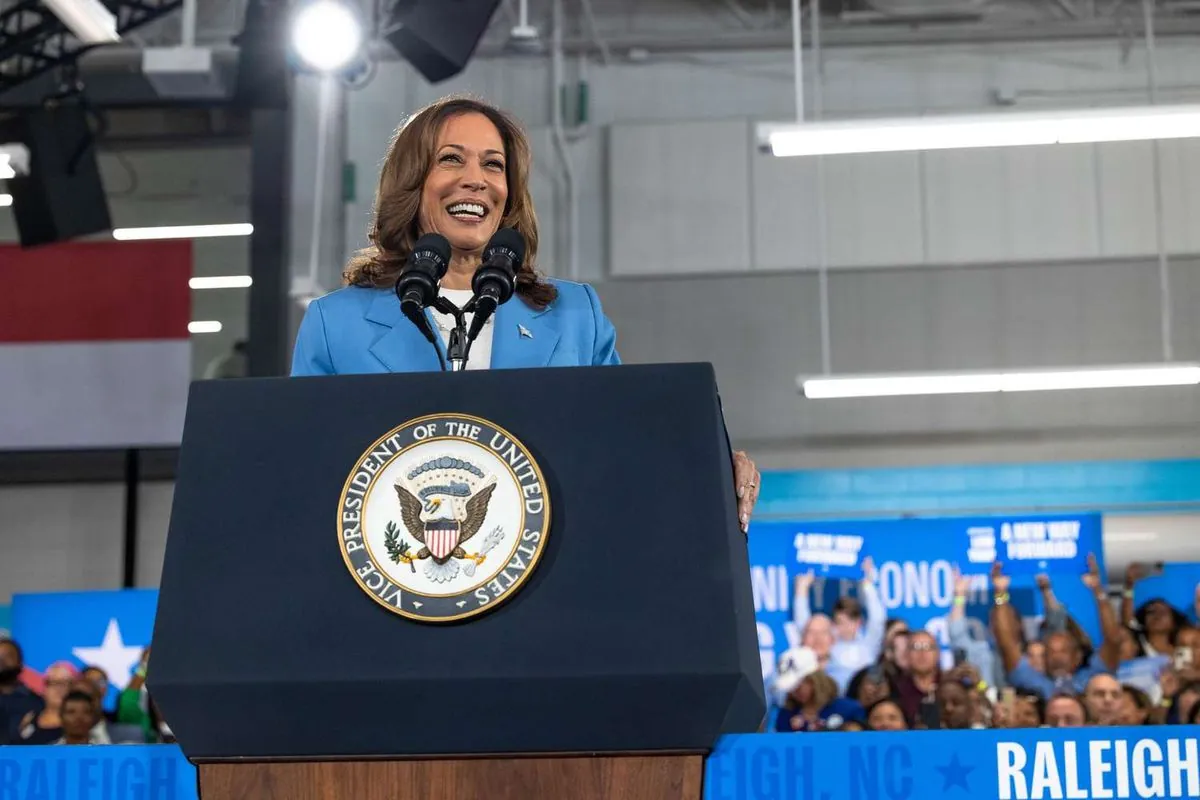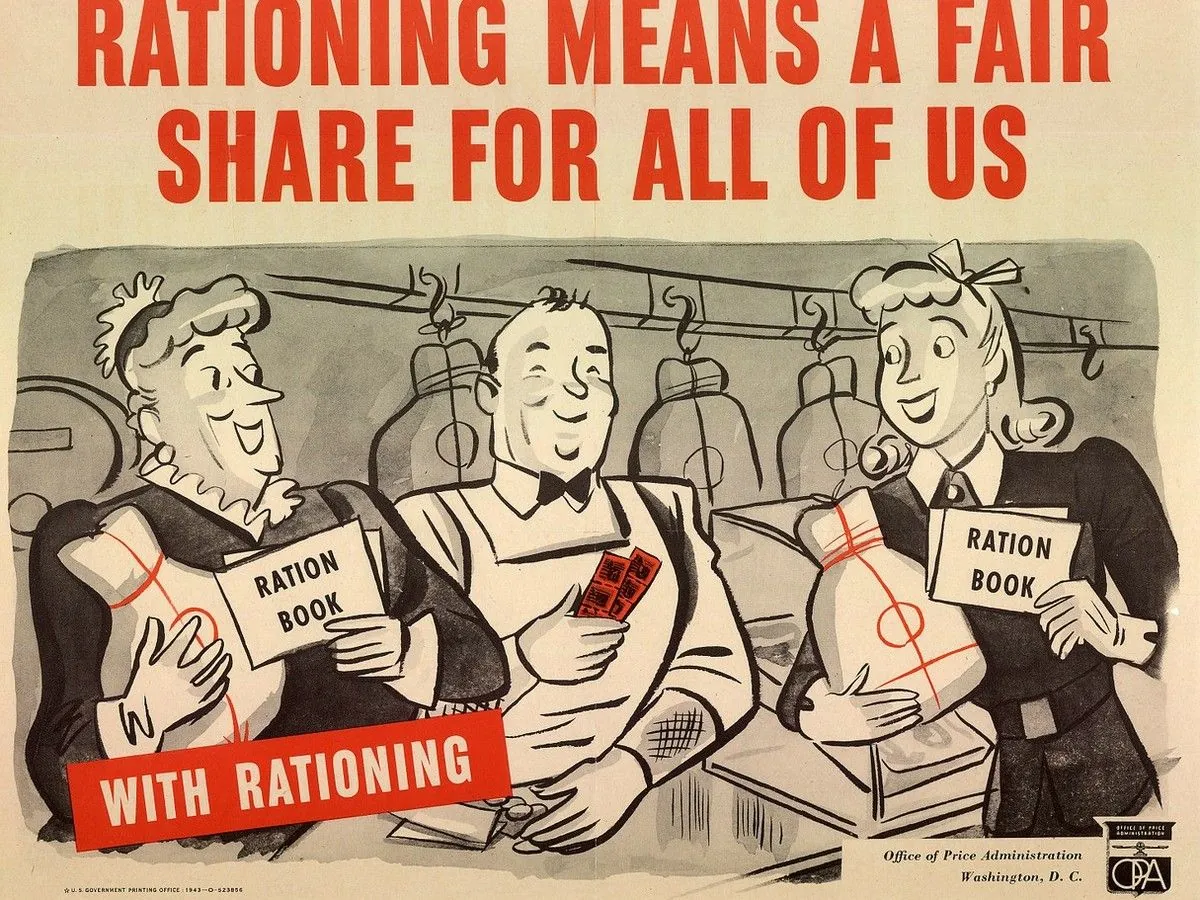Harris's Price Gouging Ban Proposal Sparks Debate and Clarification Efforts
Vice President Kamala Harris's proposal to ban price gouging in certain sectors has ignited controversy. While facing criticism, her allies argue the plan is a targeted expansion of existing state powers, not sweeping price controls.

Vice President Kamala Harris's recent proposal to prohibit price gouging in specific sectors has ignited a heated debate across the political spectrum. The plan, announced last week, has faced criticism from various quarters, including some Democratic economists and business groups, while also becoming a focal point of Donald Trump's campaign rhetoric.
Harris's supporters contend that the proposal has been misinterpreted, emphasizing that it represents a targeted expansion of existing state powers rather than a comprehensive system of government price controls. The Harris campaign's statement called for the "first-ever" ban on price gouging in the grocery and food industries, suggesting that the Federal Trade Commission (FTC) would be empowered to impose substantial fines on "excessive" price increases.
It's worth noting that price gouging laws already exist in 37 U.S. states as of 2023, and the FTC, established in 1914, has long been tasked with preventing unfair methods of competition and deceptive acts affecting commerce. This historical context suggests that Harris's proposal may be building upon existing regulatory frameworks rather than introducing entirely new concepts.
Critics, including economic advisers from previous Democratic administrations, argue that government restrictions on price increases could lead to product shortages. Donald Trump has seized on the proposal, characterizing it as "SOVIET Style Price Controls" in a campaign advertisement. This rhetoric echoes historical debates surrounding price controls, which have been implemented in various forms throughout U.S. history, notably during World Wars I and II.

In response to the backlash, Harris's advisers and several Democratic lawmakers have sought to clarify the proposal's scope. They emphasize that most states already have regulations prohibiting price hikes in certain circumstances, such as following natural disasters. Additionally, they point out that Donald Trump himself utilized the Defense Production Act during the COVID-19 pandemic to address price gouging of critical medical supplies.
Ben Harris, a former senior Treasury Department official under President Joe Biden, stated:
"Most of the criticism is from well-intentioned but poorly informed people who are interpreting the elevation of state laws to the federal level as price determination, but part of it is just malicious attacks from the other side trying to characterize her as a socialist."
The debate surrounding Harris's proposal reflects broader economic tensions. While many voters support strong action against perceived corporate greed, which they blame for inflation in various sectors, many economists are skeptical that greed alone is responsible for recent price increases. This skepticism is supported by data showing that grocery prices have remained largely stable over the past year.
As the discussion continues, it's crucial to consider the historical context of price regulation in the United States. The Sherman Antitrust Act of 1890, the Clayton Antitrust Act of 1914, and the Robinson-Patman Act of 1936 all represent previous efforts to address anticompetitive practices and price discrimination. Harris's proposal can be seen as part of this ongoing evolution of economic regulation in response to changing market conditions and public concerns.
The coming months will likely see further clarification and debate surrounding this proposal as the 2024 presidential campaign intensifies. Regardless of the outcome, this discussion highlights the complex interplay between economic policy, political messaging, and public perception in shaping the national discourse on issues of consumer protection and market regulation.


































